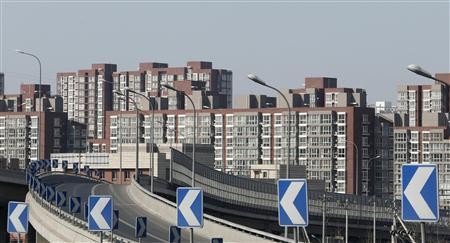On the first day of the new month, Beijing officially launched the property registration system in more than 10 cities nationwide.
The measure is not only in the interests of eventually creating a national property database and a nationwide property tax, but to also further weed out corrupt elements among China's top ranks. Local media spoke with both national and provincial-level officials to discuss the new registration system during China's year of deepening reform.
At this stage, the property registration system is merely in the pilot phase of the process, while a transitional period has been included as part of the change's design. For the pilot, the government will test a system that requires the issuance of a new type of Real Estate Certificate if a property is sold, while the details of the home's legal owner will be entered into a computer system.
However, Wei Hong, the director of Guangdong's Provincial Property Registration Bureau, reassured existing owners that "the old certificates will remain valid as long as home owners don't trade them or change information on them."
Meanwhile, Liu Yanping, of the Ministry of Land and Resources, spoke to the media about the prospect of a nationwide database for Chinese property owners:
"We need to set up a unified platform so we can share registration information. After the establishment of the platform, the information of every registered property can be shared in real-time."
According to officials, the database will serve a protective purpose, as real estate transactions and the rights of individuals will be governed by a safe regulatory framework. A total of 15 cities will participate in the pilot stage of the registration initiative.
The implications for President Xi Jinping's anti-corruption campaign were discussed by the Diplomat publication on Tuesday, which stated that corrupt officials will find it increasingly difficult to conceal their properties under the reformed system.
The latest round in China's property-law reform occurred in the days before the 12th National People's Congress (NPC) and the National Committee of the 12th Chinese People's Political Consultative Conference (CPPCC), China's foremost political, decision-making gatherings.



























